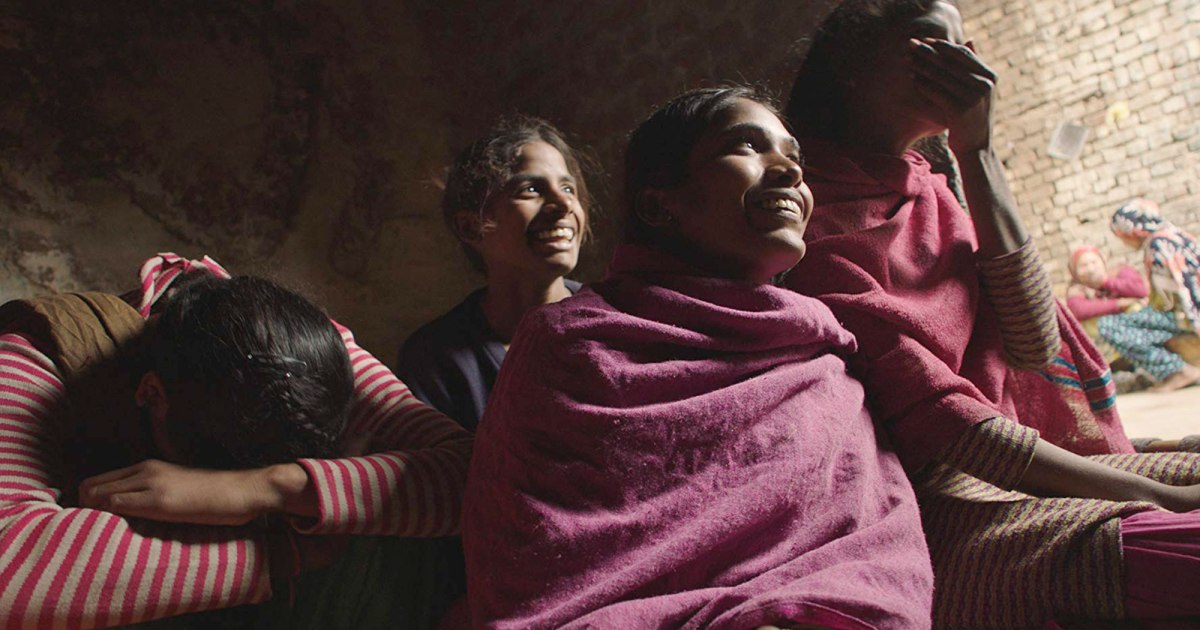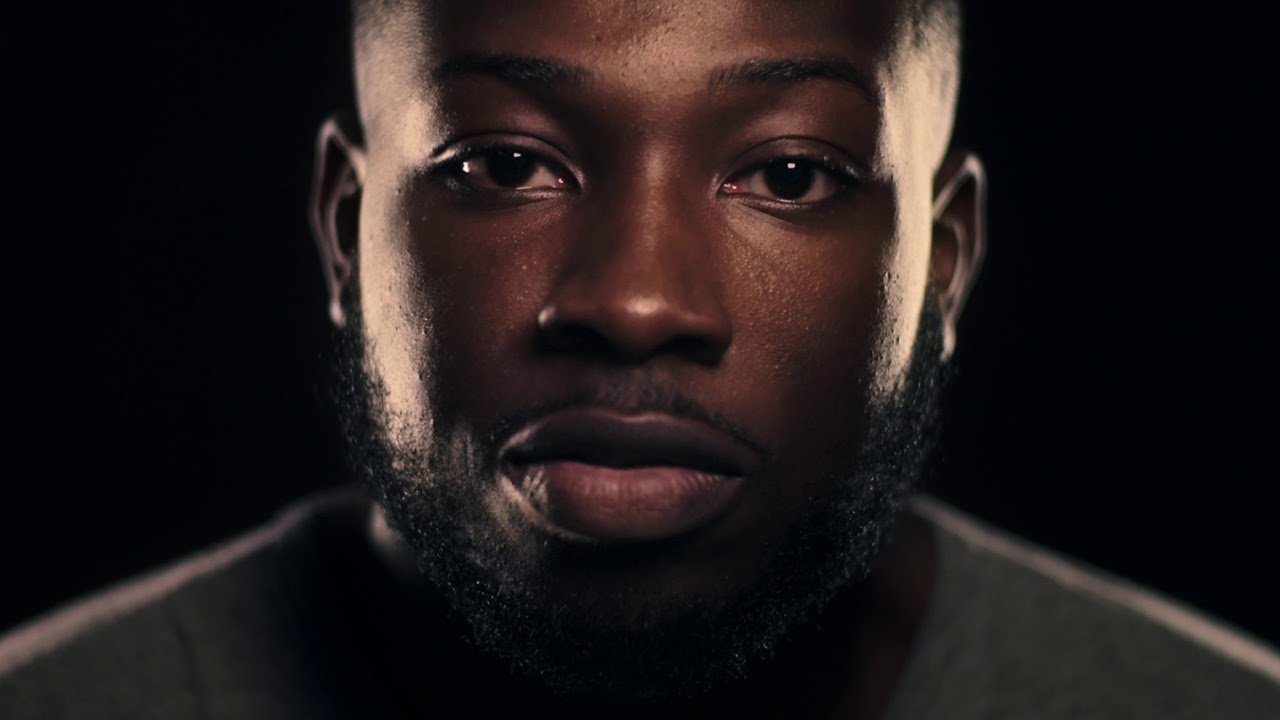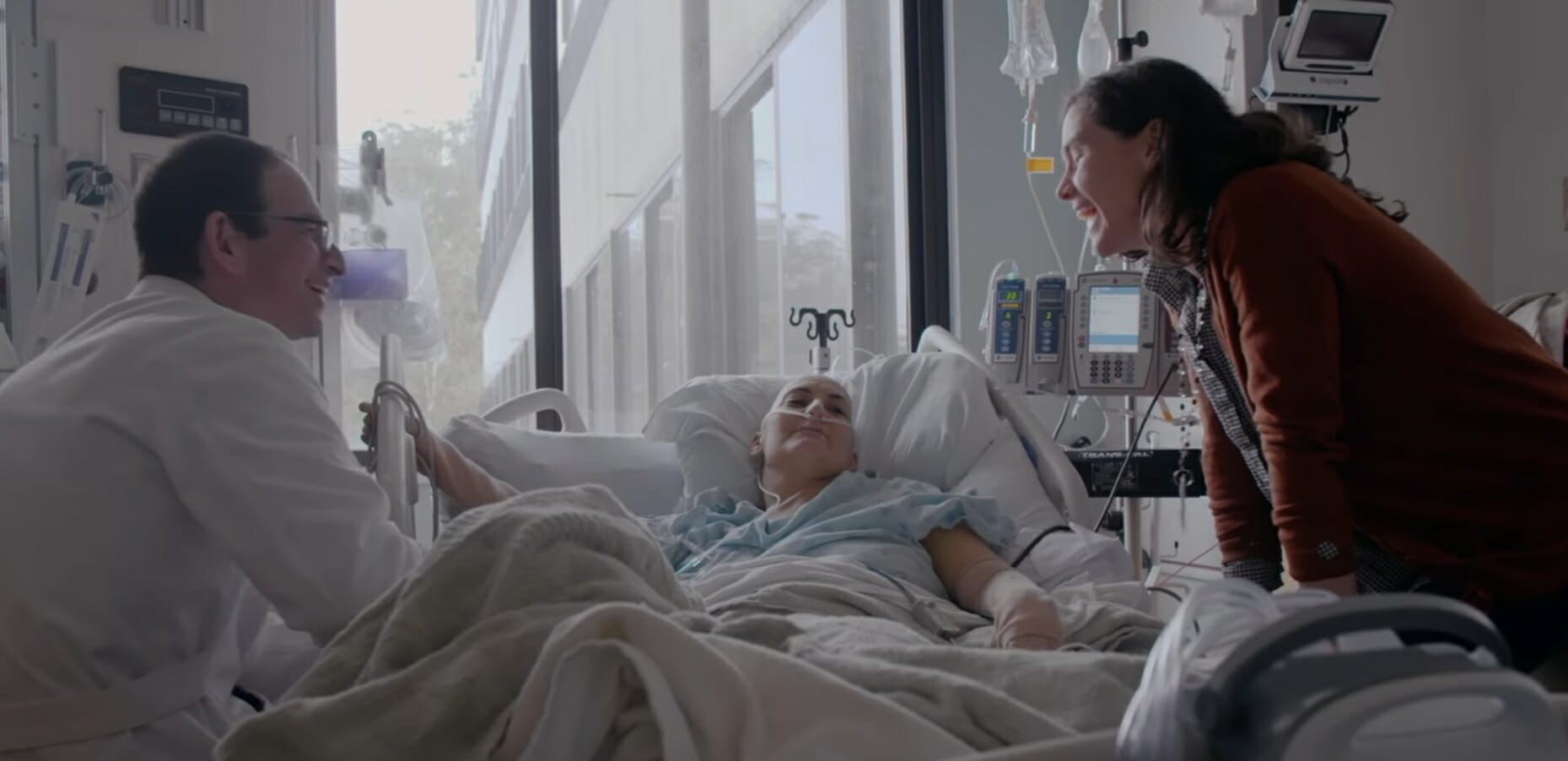by Glenn Dunks
After doing this ranking system two years ago, we took 2017 off because – in a rarity for the Best Documentary Short Subject category – most of the nominees were actually not entirely miserable! This year the branch has gone back to films that make us feel deeply sad about the world in which we live. That’s not a bad thing since, if any category should be able to confront the inequalities, the traumas, the tragedies, the inhumanities of this world, then documentary short films are it.
This year’s nominees cover themes both familiar and yet distressingly contemporary: the refugee crisis, race, the rise of fascism and Nazism in mainstream politics, third world inequalities and death.They’re certainly not the happiest lot of film you’ll ever see. They do, however, make for a solid roster of nominees...

Look, it could be more depressing: Period. End of Sentence.
Director: Rayka Zehtabchi (third film, first nomination)
Runtime: 26mins
Stream on Netflix
Iranian-American filmmaker Zehtabchi’s first strike at documentary after a couple of well-received short dramas takes the inspirational path to the story of (sort of) female empowerment through sanitary products. Through this lens we see into the wider scope of gender inequalities across India where these products – and the very human function they assist with – are considered taboo. Smartly, Zehtabchi opens her film with moments of women, both young and older, reacting with embarassment to the subject of menstruation followed quickly by men who don’t seem to even know what it is. It isn’t done for comical effect, although it easily could have been; rather, it acts as a simple highlight of the fundamental problems facing half the country’s population twelve times a year and how easily it is for this issue to be ignored.
Period eventually follows the development of a sanitary pad production company in a town outside of Delhi where local women earn a wage from the production of ‘Fly’, a brand of sanitary pad that is not only of vital importance to the women of the area, but also to their sense of (however minor) independence and economic freedom. No surprise that it has many audience awards at festivals because even among just the five nominees here, it feels like a breath of fresh air. Even if, that is, it feels like Zehtabchi somewhat loses sight of the very real issues of inherent sexism that plague its subjects at every turn in favor of a more crowd-pleasing story.

Depressing, but mostly scary: A Night at the Garden
Director: Marshall Curry (ninth film, third nomination)
Runtime: 7mins
Stream at Field of Vision
It would have been very easy for director Marshall Curry – returning as a nominee after the Cory Booker short Street Fight in 2005 and feature nominee If a Tree Falls in 2012 – to make a feature out of the footage he has assembled in A Night at the Garden. Sometimes a short film, however, is just the right format. Curry’s film, produced through Laura Poitras’ Field of Vision initiative, is relatively no frills. It is archival footage with just a minimal score over the top. No talking heads, no narration, and no bombast. The footage is all we need.
On the night of February 20 1939, 20,000 Americans assembled at Madison Square Garden to celebrate the rise of Hitler and Nazism. They performed the seig heil while enraptured by speakers who, I assume, they considered charismatic. A protester storms the stage and is violently assaulted. The crowd laughs all while the image of George Washington looms over the stadium. The message is clear and I appreciated the simplicity. Sometimes, seven minutes is truly all one needs.

Oh man, we're really getting bleak and depressing now: Black Sheep
Director: Ed Perkins (fifth film, first nomination)
Runtime: 26mins
Stream at The Guardian
Ed Perkins’ Black Sheep has two great things going for it: a unique visual style (it must be said, among both shorts and feature nominees) and a genuine sense of unexpectedness. With its intense recurring close-up of subject Cornelius Walker, it evokes last year’s masterful Strong Island, a film that got so much of its power from the pain and anguish etched across director-and-subject Yance Ford’s face. It’s a well-used device here, too; Walker’s personal shame so evocative and the camera captures it all.
But its greatest asset is that Cornelius’ story goes to some places I honestly didn’t expect. I have no doubt that many in Britain’s black population would say it’s not a surprise at all to hear Walker’s story – a story of racism, self-hatred, self-sabotage, survival, bullying, generational anger manifesting in violent, explosive anger. It’s the sort of story that makes one feel powerless from its opening recollections about the murder of Damilola Taylor to the place where it ends, his eyes staring out at us.

Who would have guessed watching people die was depressing: End Game
Directors: Rob Epstein (15th film, third nomination) and Jeffrey Friedman (11th film, first nomination)
Runtime: 40mins
Stream on Netflix
Death has been portrayed in a manner of ways across movie history. For some it has been tragic, for others comedic. Often somewhere in between or a mixture of both. In documentary, however, the reality of death is often seen by confronting it with realism. For obvious reasons, of course. In End Game, death is not clean, often not quick, and something that is difficult to grapple with for all involved. I haven’t felt the cruel messiness of a life’s ending quite so vividly, even in a documentary, since How to Die in Oregon.
Unlike that film, Epstein and Friedman’s film has as its subjects people who have no desire to bring an end to their suffering, but rather want to hold on as long as possible. Which, in a way, makes it even harder with the knowledge that nothing will stop what they know is coming. Since it's a change of pace for its directors, known best for their seminal works of queer documentary like The Times of Harvey Milk and Common Threads, one has to wonder what brought Epstein and Friedman to the stories found here. No matter what it was, they treat their subjects with the integrity and dignity one would expect from their filmographies and makes End Game a moving experience beyond the sheer mechanics of its subject matter.

This one literally starts and ends with corpses so, yup, you guessed it. Majorly depressing!: LIFEBOAT
Director: Skye Fitzgerald (five films, first nomination)
Runtime: 34mins
Stream at The New Yorker
Across all the subjects that are covered by this year’s nominees, none gave me quite the sensation of sheer hopelessness in our world than LIFEBOAT. The knowledge that we destroy this world with climate change, tear it down with wars, irreversibly alter the very fabric of humanity’s history through colonisation and capitalism and then we look at the news and see a society that wants those less fortunate to just make do with their lot in life while we continue to live complaining about the weather and the price of fresh fruit.
The refugee crisis, particularly that in the Mediterranean with those from Africa venturing towards Europe, has been the focus of a lot of documentaries lately, including two separate nominees from 2016 (Fire at Sea and 4.1 Miles). For very obvious reasons, too. The sheer magnitude of its scope means even those covering the same terrain can offer something new and I found myself incredibly taken by Skye Fitzgerald’s film, one full of incredibly powerful images that speak to the tragedy that has no easy solutions and no easy answers. It is a film that offers no grand narrative, yet allows for volumes of aching.

WILL WIN: A Netflix documentary has won an award in the documentary categories two years in a row including The White Helmets in the shorts so I don’t think it’s wrong to assume that End Game and Period. End of Sentence. have the advantage. I almost want End Game to win purely because Rob Epstein would have the rare distinction of winning three Oscars from three nominations – and 30 years since his first.
COULD WIN: A Night at the Garden is atypical and could speak to voters with more immediacy than the rest. But it's so not like anything that wins here so Period. End of Sentence. has, I feel, the most likely chance to spoil.
SHOULD WIN: My favourite is LIFEBOAT, but they're all strong.
FUN FACT #1: Skye Fitzgerald (Lifeboat), was in the camera department of If a Tree Falls, the nominated documentary feature from Marshall Curry (A Night at the Garden)
FUN FACT #2: Black Sheep cinematographer Michael Paleodimos also lensed 2015's live-action short winner, Stutterer!